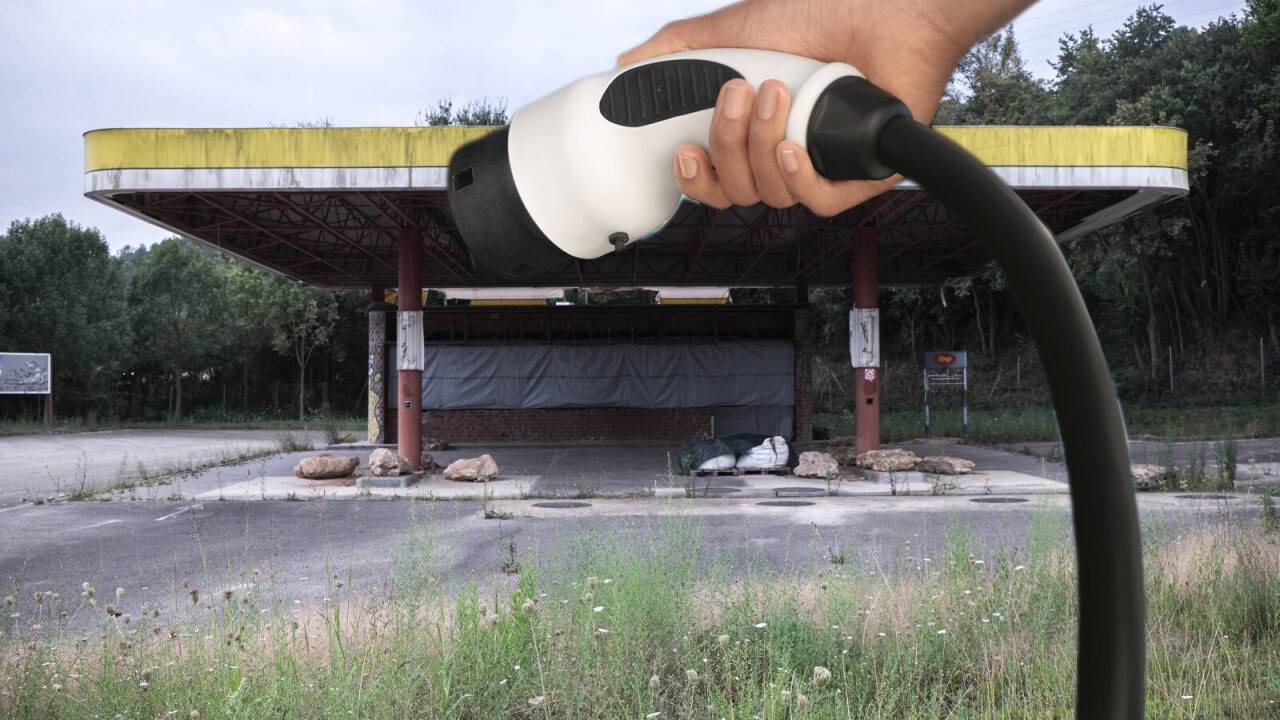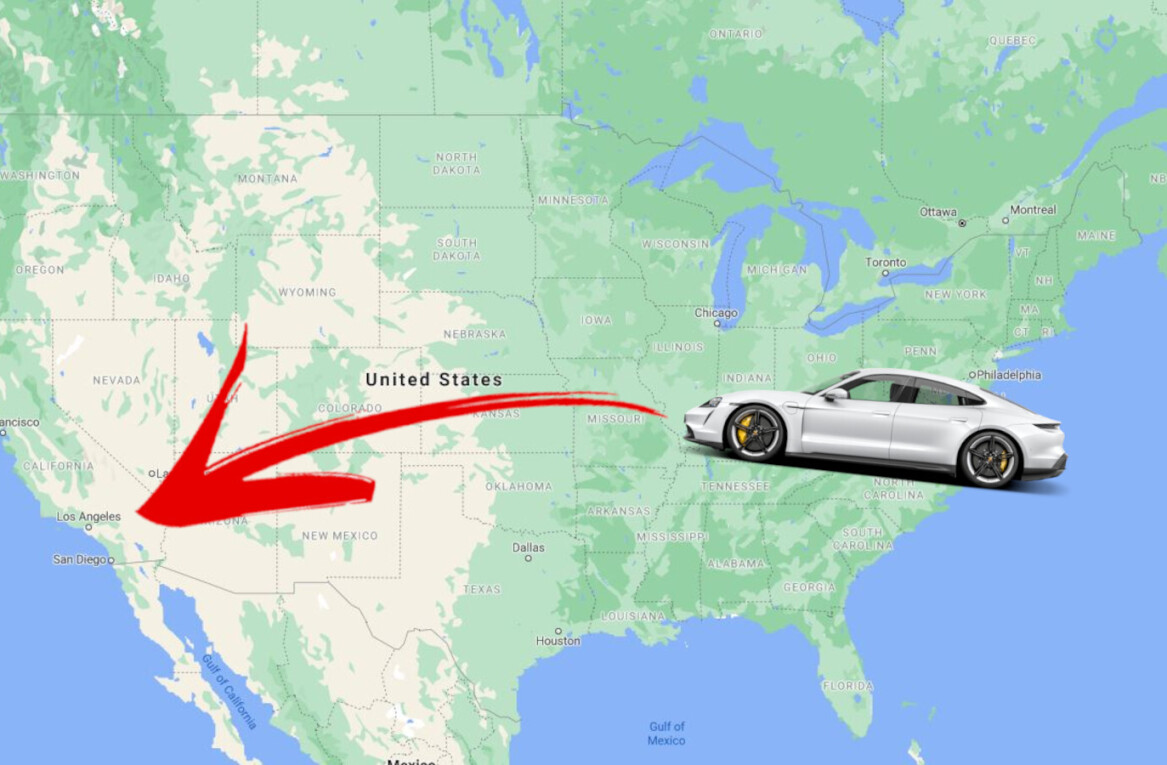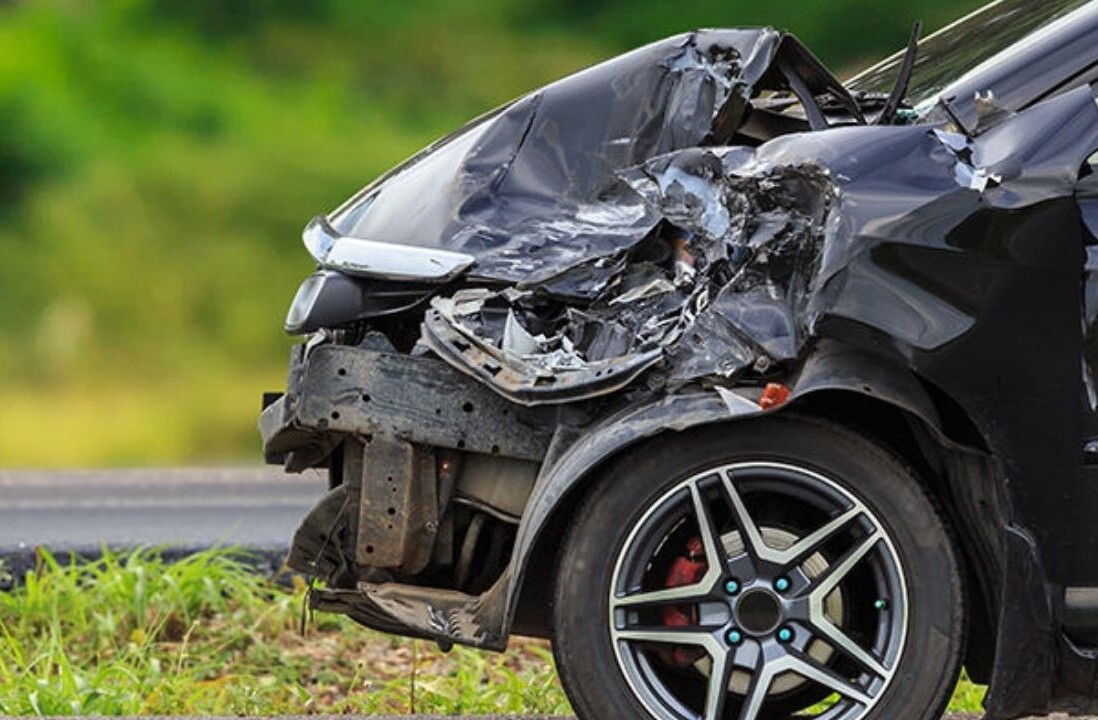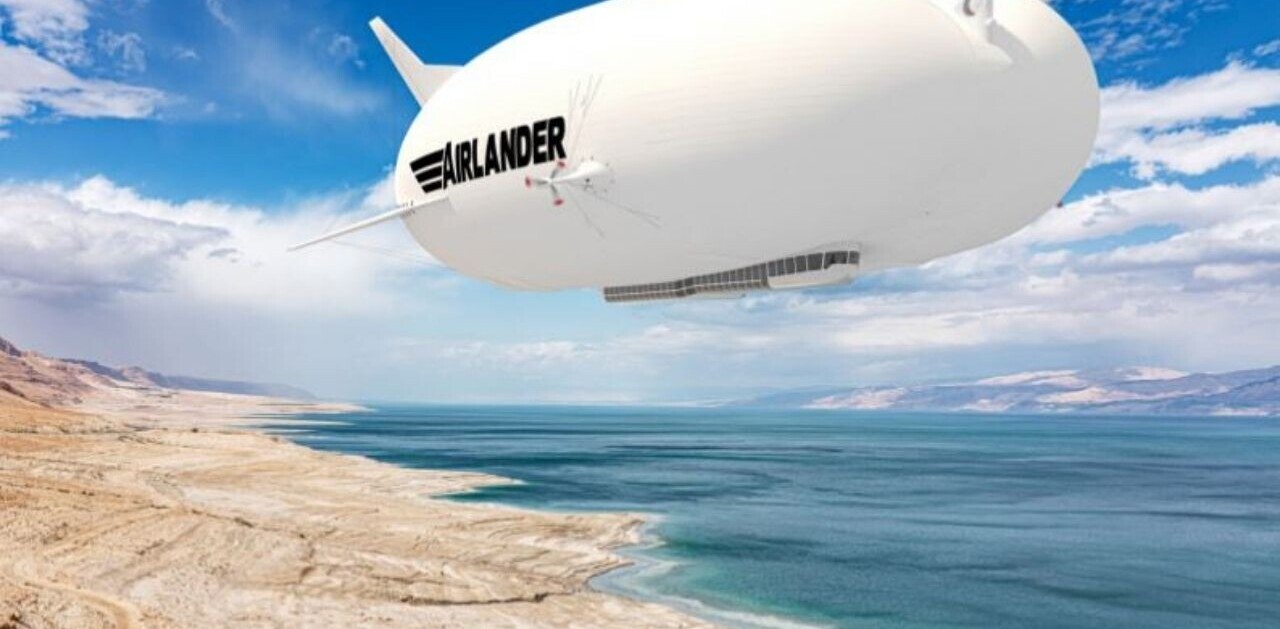
With lockdown and quarantine policies enforced around the world, people aren’t driving or traveling as much. It’s had an undeniably positive effect on air quality in cities, which is demonstrating the power of switching to greener forms of transport.
For some, it appears to have provided the evidence they needed to consider switching to an electric vehicle for their next car.
[Read: Study: No, electric car motors don’t adversely interfere with pacemakers]
According to a survey conducted by UK company car services firm, Venson Automotive, nearly half (45%) of respondents said they would consider an EV after seeing the impact coronavirus lockdowns have had on air quality.
About one in four of those surveyed said they would switch to an electric vehicle within the next five years.
The shift to EVs is accelerating
Venson conducted a similar survey last year, which showed similar results — but there was one key difference. In July 2019, the automotive services firm found that 41% of people were considering an EV. However, 31% said they weren’t likely to buy one for another 10 to 15 years.
While there doesn’t appear to be significant growth in the amount of people considering an EV, those that are, are now considering making the shift far sooner.
It’s worth noting the drop in emissions isn’t solely down to the fact that people are driving less because of coronavirus lockdowns. There are also far fewer planes in the sky, and public transport services have also been dramatically reduced as a result of coronavirus lockdowns.
But even so, the reduction in travel and subsequent drop in noxious gases in cities has demonstrated the impact travel has on the planet.
According to figures shared with the BBC, carbon monoxide levels are down 50% in New York compared to last year. There has also been a 5-10% drop in carbon dioxide levels as well.

Respondents to the survey also expressed their desire to see the government do more to speed up the transition to cleaner forms of transport. The majority of respondents (62%) want the government to invest more money to improve national charging infrastructure, while 38% said they want more Clean Air Zones in cities.
The UK government is taking some pretty drastic steps to expedite electric vehicles, though. Earlier this year, UK policymakers brought forward its ban on internal combustion engines vehicles to 2035, after which, all new cars will have to be powered by alternative clean fuels.
Get the TNW newsletter
Get the most important tech news in your inbox each week.




